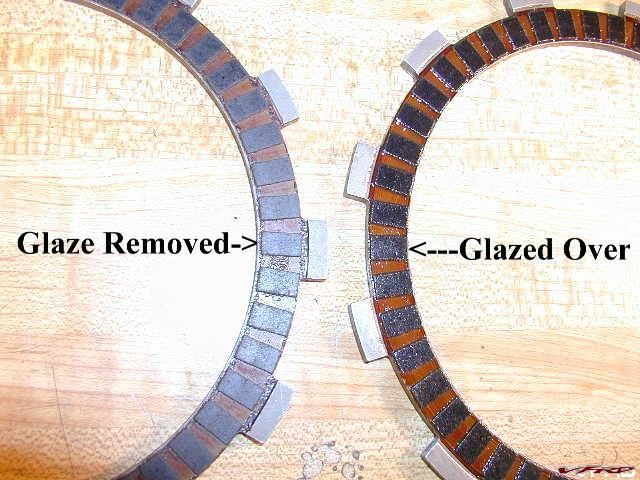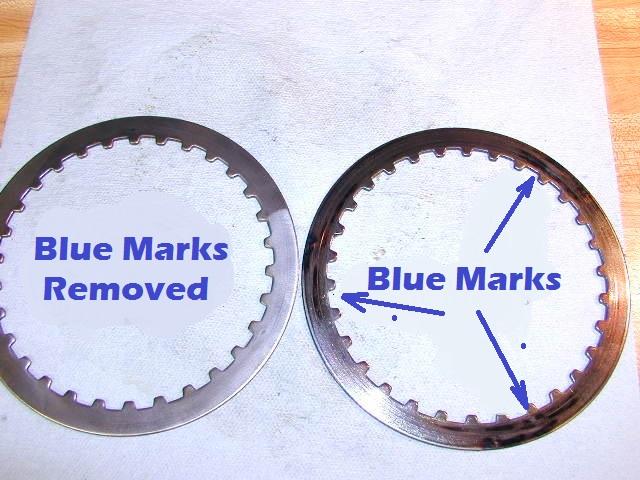I was at the local AZ a few nights ago getting car wash soap(I know but I wasn’t waiting for Amazon or felt like going on a Costco run) and someone grabbed two bottles of Valvoline motorcycle oil and Gunk Engine Flush after telling the counter man he filled his Yamaha bike with “car” oil. I told him he didn’t need to run that vile engine flush, all he needs to do is drain the car oil out and fill back up with the motorcycle oil. He said he barely got his bike off the freeway, the clutch wasn’t engaging.
My question is, did my advice help him avoid further damage to his bike by skipping the flush chemical and going straight for the “right” oil? How much damage did he do with the “car” oil on his wet clutch?
My question is, did my advice help him avoid further damage to his bike by skipping the flush chemical and going straight for the “right” oil? How much damage did he do with the “car” oil on his wet clutch?



